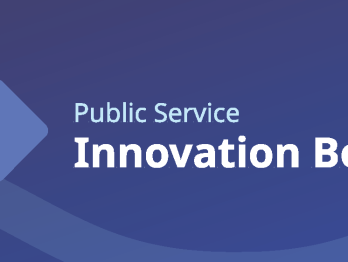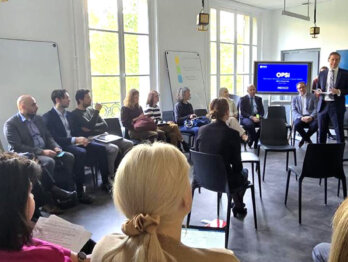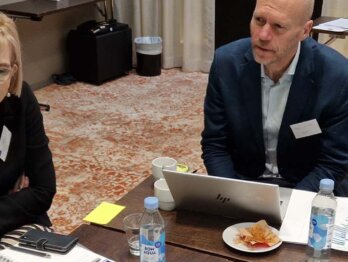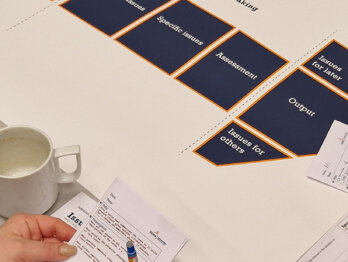[Gig]: Seeking author for a paper on the uncertain promise of blockchain for government (1 November)

We are looking for a consultant to write a paper on the uncertain promise of blockchain in government, covering success factors for projects that still show promise, and lessons learned from those that have not met expectations. We plan to publish the paper as an official OECD working paper, with author credit provided to the selected individual. If interested, e-mail us at [email protected] with statement of interest and a resume or CV by 1 November.
Back in June 2018, OPSI published the primer Blockchain Technology and its Use in the Public Sector to help public servants look past the hype surrounding blockchain and understand what blockchain is (and isn’t), the implications it could have on government services, and the opportunities and challenges governments may face as a result.
Since then, our colleagues in the OECD Digital Government team and the Working Party of Senior Digital Government Officials (E-Leaders) published the paper State of the Art in the Use of Emerging Technologies in the Public Sector in September 2019. This paper highlights opportunities and challenges for using emerging tech in the public sector, with an emphasis on blockchain and artificial intelligence (AI). Both OPSI and the Digital Gov team also participated in sessions at second annual Blockchain Policy Forum in September.
Through these efforts, we’ve learned a lot about different ways governments are strategizing for blockchain, as well as about how they are experimenting with pilot programmes. In fact, the OPSI primer showed that there were at least 46 countries around the world that have launched over 200 blockchain-related initiatives, and it provided several case studies on real-world approaches. At the Forum, we saw the private sector taking big steps to test out new blockchain ideas and business models, with even bigger claims for future potential.
What we haven’t seen much of, though, are breakthrough innovations in government, or projects that have really gotten beyond proofs of concept or small pilots. At the same time, there have been a number of public sector blockchain controversies and a growing scepticism and cynicism about the use of blockchain in government. At the most recent Forum, public sector participants cited struggling with challenges related to coordination, legitimacy of the technology, and a lack of tech proficiency in the public sector.
We want to know more about why this is the case. We want to know more about the characteristics and practices of organisations and teams engaging in blockchain initiatives that still have a lot of potential, as well as the lessons learned from those that have struggled or failed.
To learn these things, we are looking for an author to draft a paper that we’ve tentatively called “the uncertain promise of blockchain for government.” Our vision for this is a paper that builds upon our previous work and touches on:
- The current state of Blockchain in government (much of this has been covered already in the reports mentioned above).
- Sentiment among government officials and other experts.
- Potential factors that have resulted in blockchain projects that have failed or not lived up to expectations (sourced through blogs, interviews, etc).
- Potential factors that has resulted in successful blockchain projects or those that still have great potential (sourced through blogs, interviews, etc).
- A selection of at least case studies that illustrate the factors above and surfaces key lessons learned.
This work would involve:
- Conducting research.
- Identifying and analysing specific projects.
- Conducting interviews with government teams to learn about challenges, lessons learned, success factors, etc.
- Report drafting, including incorporating comments from internal OECD stakeholders.
To do this, we’re looking for an author who:
- Has a solid understanding an experience with blockchain.
- Can take a balanced approach to the work (i.e., can set aside existing pre-conceptions about blockchain).
- Can write well and is receptive to feedback.
We plan to publish the report as an OECD working paper (as long as the final product meets OECD quality standards), with the identified author being credited as such on the report.
If you’re interested, please e-mail us with a statement of interest and a CV or resume at [email protected] by 1 November 2019










